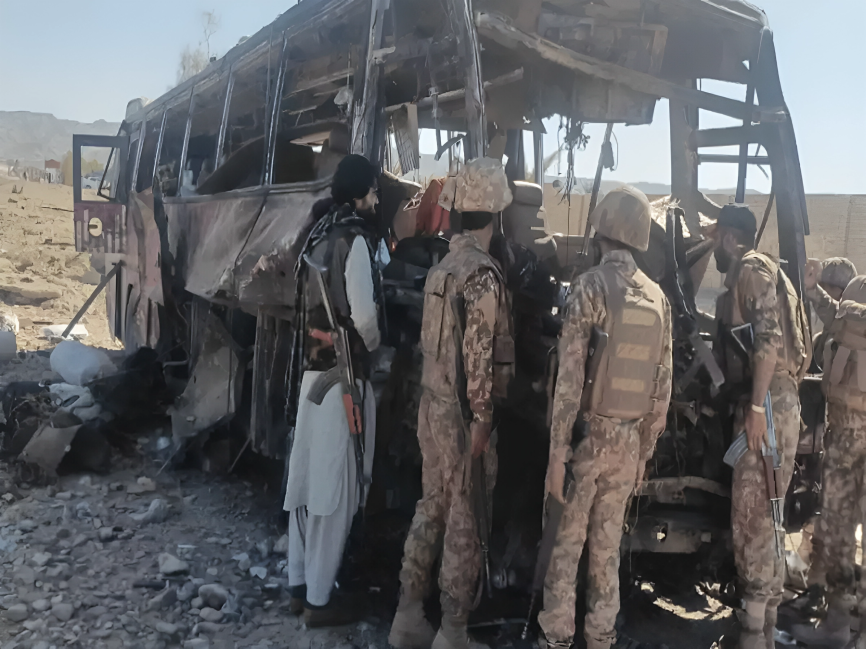WORLD: Pakistan has announced a series of retaliatory diplomatic measures in response to India’s accusations linking Islamabad to the recent deadly attack in Kashmir’s Pahalgam region. The Pakistani government has demanded “concrete evidence” from New Delhi to support its claims, firmly denying any involvement in the assault. These moves include recalling senior diplomats, summoning the Indian envoy in Islamabad, and suspending backchannel talks. Officials in Islamabad have accused India of politicizing the incident and using it to justify a hardline stance in the disputed region.
The attack, which left at least 26 people dead, took place in Pahalgam, a scenic town in Indian-administered Kashmir that has seen rising violence in recent months. It is the most deadly incident of its kind in the area in the past 25 years, shocking the public and prompting urgent security reassessments. Indian authorities were quick to link the assault to Pakistan-based militant networks, reigniting long-standing tensions between the two countries. The aftermath has seen increased military activity along the Line of Control, raising fears of further escalation.
Responsibility for the attack was claimed by The Resistance Front (TRF), a shadowy militant group that India believes operates as a proxy for Lashkar-e-Taiba, a Pakistan-based armed organization. TRF has grown increasingly active in recent years and is seen as part of a broader trend of militant rebranding aimed at avoiding international scrutiny. Indian security experts argue that TRF’s involvement strengthens their claim of cross-border terrorism, a point they intend to raise at upcoming international forums. Pakistan, however, maintains that it does not support any militant group and has called the claims baseless.
The escalating diplomatic row adds another layer of strain to already tense India-Pakistan relations, with little room for constructive dialogue. Both countries have hardened their positions, and the latest developments threaten to derail any potential peace initiatives. International observers have urged both sides to de-escalate and focus on cooperation to prevent further bloodshed. As the region braces for potential fallout, the people of Kashmir continue to face the consequences of unresolved political and territorial conflict.



